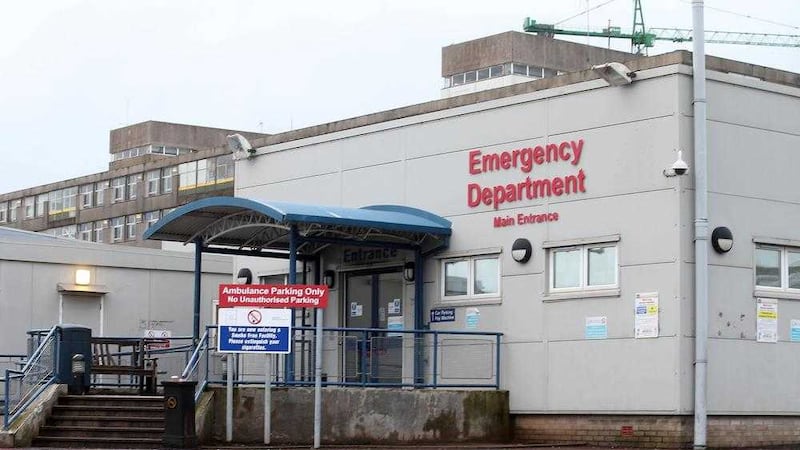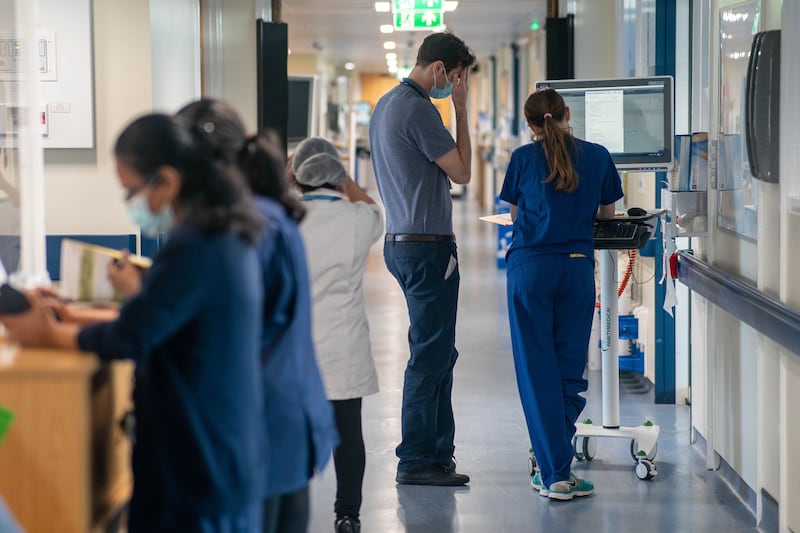The number of patients who had to wait more than 12 hours to receive A&E treatment last month more than tripled compared to December 2014.
Of the 58,958 people who attended emergency departments across the north last month, 294 had to wait longer than 12 hours to be either treated and discharged home, or admitted to hospital.
The government target is that A&E patients should be treated within four hours, and that no-one should wait longer than 12.
The latest Emergency Care Waiting Time Statistics show the total number of A&E patients was up 2,302 on the same month the previous year.
They waited an average of eight minutes to be seen by a triage nurse and from then, an average of 42 minutes to receive treatment.
Following this, patients typically waited around two hours to be discharged home or four and a half hours to be admitted.
Almost 4 per cent of attendees left before their treatment was complete, while 3.2 per cent of those seeking help had attended the same casualty department in the last seven days with the same condition.
Around 17 per cent of patients had been referred to A&E by their GP.
Between October and December 2015, the number of people waiting more than 12 hours for treatment at A&E departments increased by 30 per cent, with the Ulster Hospital at Dundonald showing the worst dip in performance.
In the three-month period, the number of patients at the hospital waiting more than 12 hours rose from 106 to 162.
The figure for December 2014 at the Ulster Hospital was just 45.
Maeve McLaughlin, Sinn Féin chair of the Assembly health committee, called for increased funding to be directed towards community care and early intervention to relieve pressure on A&E departments.
"These statistics show the only area of emergency treatment which is consistently reaching targets is in treating minor ailments," she said.
"However, when it comes to more serious conditions the targets are almost never met."
She added: "Properly funded care in the community and early access to GP service would, I believe, alleviate many of the pressures being experienced by those most in need of emergency care".








